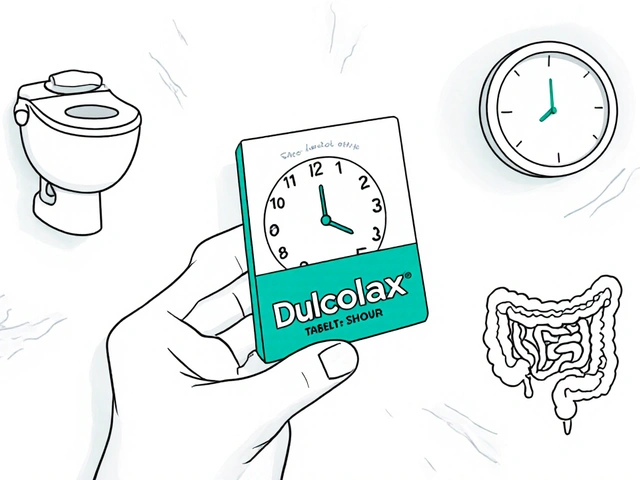Urine Leakage – What’s Happening and How to Fix It
If you’ve ever felt a surprise wet spot in your underwear, you know urine leakage can be embarrassing. It’s more common than you think and often has easy fixes. This guide walks you through the why, the how, and what you can do today to feel in control again.
Common Causes
Leaking isn’t always a sign of a serious disease. Pregnancy, childbirth, and prostate changes put pressure on the bladder, making it harder to hold urine. Some medicines, especially diuretics, increase bathroom trips and can overload the bladder. Weak pelvic floor muscles are another big player – they’re the little support hoops that keep urine where it belongs.
Weight gain adds extra pressure on the pelvic area, while chronic coughing from a cold or allergies repeatedly squeezes the bladder. Even simple things like drinking a lot of caffeine or alcohol can irritate the bladder lining, causing sudden urges and leaks.
Practical Ways to Manage
First, try to pinpoint when leaks happen. Do they occur when you laugh, sneeze, or run? Knowing the trigger helps you choose the right fix. Pelvic floor exercises, often called Kegels, are a top‑rated DIY solution. Tighten the muscles you’d use to stop the flow of urine, hold for five seconds, then relax. Do 10 reps three times a day and you’ll notice improvement in weeks.
Staying hydrated is key, but spread your water intake throughout the day. Too much at once can overfill the bladder, while drinking too little can irritate it. Cut back on caffeine and alcohol if they seem to worsen leaks.
For some, a change in clothing makes a difference. Breathable cotton underwear and loose‑fitting pants reduce pressure on the pelvic area. If you’re active, consider absorbent pads designed for incontinence – they’re discreet and keep you dry.
When lifestyle tweaks aren’t enough, medical options step in. Over‑the‑counter bladder‑strengthening supplements can help, but always check with a pharmacist. Prescription medications that calm an overactive bladder are another route, and in severe cases doctors may recommend a sling procedure or nerve stimulation.
Alternative therapies are gaining traction, too. Our article on Acupuncture Benefits for Bladder Health & Urinary Incontinence Relief explains how needle points can relax pelvic nerves and improve bladder control for many people.
Finally, keep a simple bladder diary. Jot down the time you go, how much you drink, and any leaks. Patterns emerge quickly, giving you and your doctor concrete data to tailor treatment.
Urine leakage isn’t something you have to live with forever. With a mix of simple exercises, smart drinking habits, and the right medical help, you can take back confidence. Start with one tip today – try a quick Kegel set – and see how much better you feel tomorrow.



